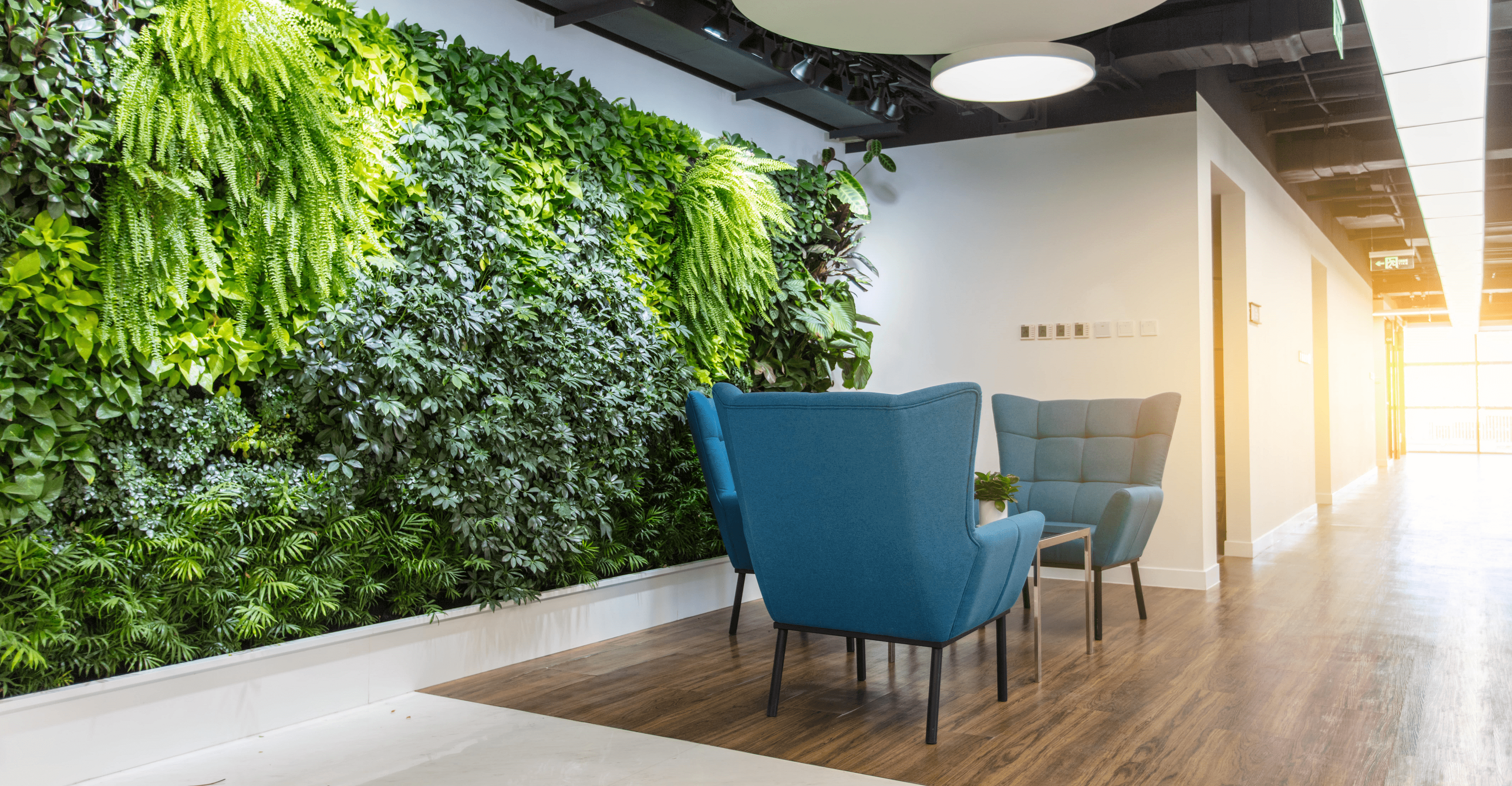Warehouses coming closer to people

The growing e-commerce market and the need for express logistics services with high-speed deliveries are changing people’s habits, the Polish economy and cities. The proper planning and development of warehouse centres is an essential element of a sustainable future – states Tomasz Lubowiecki, the CEO of 7R.
The warehouse real estate market in Poland is growing faster and, with it, the principle of sustainable development is also growing in importance in the strategies of both warehouse centre developers and their tenants. Retail, logistics, industrial and IT companies are increasingly making profits and developing their business models in a way that takes into account environmental, social and corporate governance (ESG) and this also applies to their supply chains. This is resulting both directly and indirectly in greater gains for the surrounding economy, the environment and the people.
In 2021 we witnessed the economy bounce back strongly but we also saw new standards and expectations form in the market as a result of the pandemic. In the middle of this new set-up stood people and their needs for faster, closer and more flexible goods and services. But what is also important is their relationship with their surroundings and the environment and the effect they have on the climate.
Responsible tenants
On the one hand, never before have we had access to such effective and ubiquitous, digital and delivery services, to such technically-advanced and automated energy-saving buildings as well as to systems and solutions for logistics and warehousing. But on the other, never before has it been so important to occupy warehousing space for logistics firms and the same is true for data centres, which form another rapidly growing group of tenants. Today, countless numbers of consumers and businesses depend on the effective management processes and operations of these companies as do entire economic sectors.
Two of the most talked-about events recently are the blockage of the Suez Canal that stopped container ships from moving with all its global repercussions for the supply chain and the haulage paralysis in the UK caused by a lack of truck drivers. These events demonstrate the importance of warehouse tenants. They also show how the public fails to notice the enormity and complexity of today’s extensive networks of retail and business interdependencies when everything is going to plan.
However, what has not escaped the attention of warehouse developers is the monitoring and management of potential business and ESG risks that tenants face due to human error or falling into the trap of routine thinking. At 7R, we start thinking during the design stage before development work starts on a project about the future needs and the high standards that future tenants or centre owners will have to meet as soon as they occupy the space. And we also think of the needs and standards they will have to meet in the following years.
Express delivery
Things are changing, they will continue to change a great deal and this will happen very quickly. Online sales channels, which ran red-hot during the pandemic due to an ever-wider and innovative range of goods and services including deliveries, now accounts for over 15% of retail sales in Poland. According to consultancy PwC, the Polish internet retail market could see average growth of 12% over the next five years, with the highest growth seen in groceries and health and beauty products.
Both of these e-commerce categories are particularly dependent on one special type of delivery, namely express parcel services. These services are served by so-called last-mile centres – smaller buildings that are often mixed-use being made up of Small Business Units (SBUs) and situated within cities near residential areas and office buildings. Such centres can be used for quick and problem-free deliveries as well as returns both to and from much larger distribution centres.
The number of last-mile centres is set to grow. Because of their location and their character, they will, in the future, have to fulfil the highest construction requirements so that they are beneficial to their surroundings and so that they support the balanced development of their cities.
A new but well-known standard
For many years we have been making an effort to ensure tenants have the opportunities to meet their sustainable development goals. We design and develop buildings to optimise the environmental and social impact of the companies that will later be using the warehousing space. We mitigate the negative effects of their potential footprint and enhance those that are of benefit.
ESG is becoming more entrenched in law and is bringing in more innovations to managing an organisation and to managing the changes it undergoes and the changes in the market. This is nothing new for us since we have been concerned since the beginning of our operations about our surroundings, as well as about long-term planning, the effectiveness of our operations and about optimising our approach to using resources.
Over the coming years, we can expect to see a similar improvement in the social and environmental compatibility for the buildings of the data centre sector in Poland. What this means for data centres is the creation of the most-modern conditions and solutions that need to be flexible and facilitate the coming energy and environmental transformation so as to secure sensitive ICT infrastructure.





